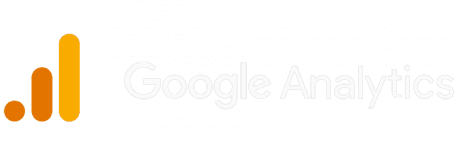Wikipedia for professional terms

What is first-party data?
First party data refers to data collected, owned, and controlled by a company or organization itself. This includes data generated through direct communication between the company or organization and its customers, and is considered to have high credibility and uniqueness. First party data can help companies better understand their customers, optimize products and services, and improve sales effectiveness. It typically includes customer information, transaction history, website behavior, social media interactions, and other data that can be analyzed and leveraged for marketing, customer service, and business decision-making purposes.
What is third-party data?
Third party data, also known as external data, refers to the data collected from various sources by a third party, such as shopping behaviors on other channels, preferences for other advertisements, and more. Companies or organizations can purchase or acquire third party data to expand their own databases and use it for various purposes, such as better understanding their target customers, expanding their customer base, optimizing marketing strategies, and more. Third party data plays an important role in the fields of digital marketing and data analysis.
One example of utilizing third party data is the Data Management Platform (DMP), which collects and analyzes anonymous audience data from various sources, including online and offline data. The DMP categorizes target customers into labels such as "interested in makeup" or "loves travel", helping to make advertising and marketing more precise.
One example of utilizing third party data is the Data Management Platform (DMP), which collects and analyzes anonymous audience data from various sources, including online and offline data. The DMP categorizes target customers into labels such as "interested in makeup" or "loves travel", helping to make advertising and marketing more precise.
What is CDP?
A CDP, or Customer Data Platform, is a tool used for integrating, managing, and analyzing customer data. It can gather and integrate customer data from multiple sources and generate valuable insights to support a company's marketing, sales, and customer service decisions. It helps businesses better understand customer needs, optimise customer experience, build customer loyalty, and boost sales.
What is DMP?
DMP stands for "Data Management Platform", which is a technology platform for centralizing and integrating data. It can aggregate, store, analyze and manage large amounts of data from multiple data sources, including user behavior, purchase history, social media activity, and more. DMP can apply data to marketing and advertising, helping businesses better understand target users, improve marketing effectiveness and customer loyalty.
What is PII data?
PII data refers to "Personally Identifiable Information," which refers to sensitive personal data that can identify an individual, such as name, address, phone number, email address, social security number, bank account number, etc. As these data can identify a person's identity, special care is required when using, processing, storing, and sharing such data, following relevant privacy protection laws and best practice guidelines to ensure the security and privacy of these information.
What is CRM?
CRM stands for Customer Relationship Management. It is a strategy for organizing and managing interactions with customers, focusing on understanding and responding to their needs. The CRM system can track all details of interactions with customers, including contact information, purchase history, and customer responses, allowing businesses to better understand customer needs and provide more personalised services and experiences. The CRM system can also be used for sales, marketing, and customer service, helping businesses establish closer relationships with customers, improve customer satisfaction and loyalty, and ultimately increase revenue and market share.





